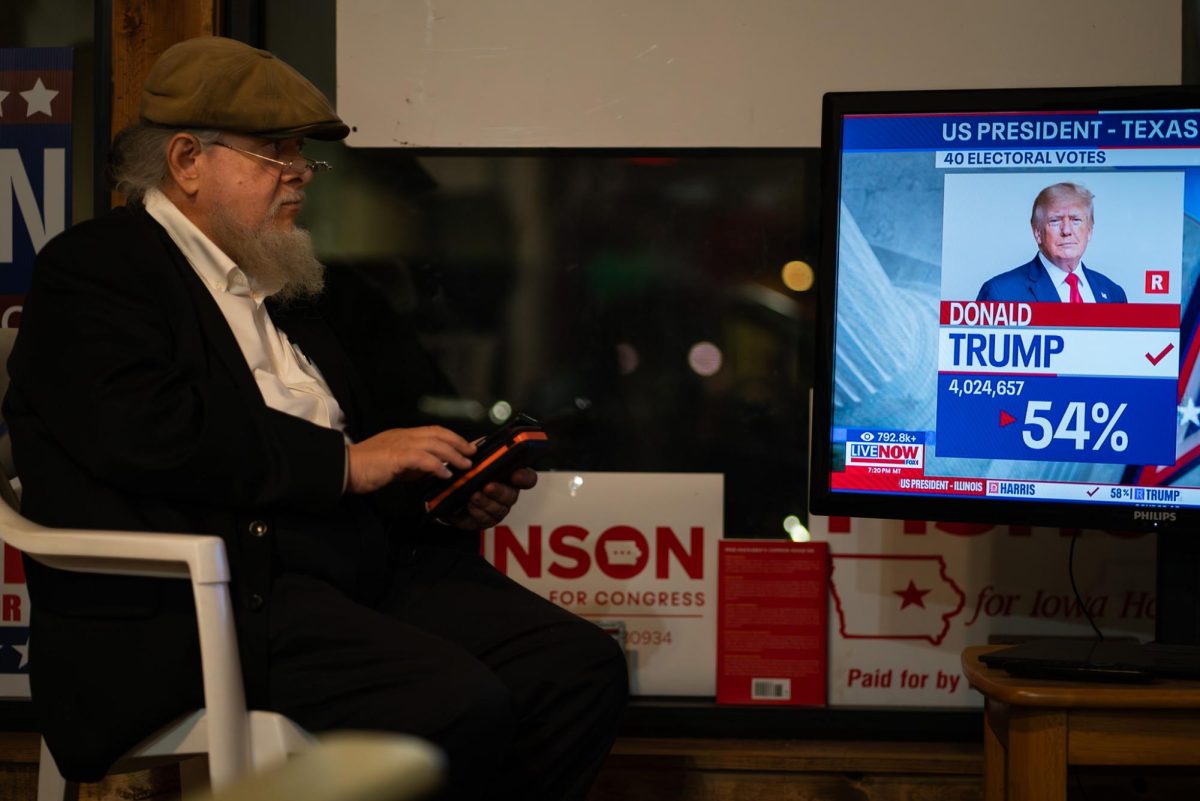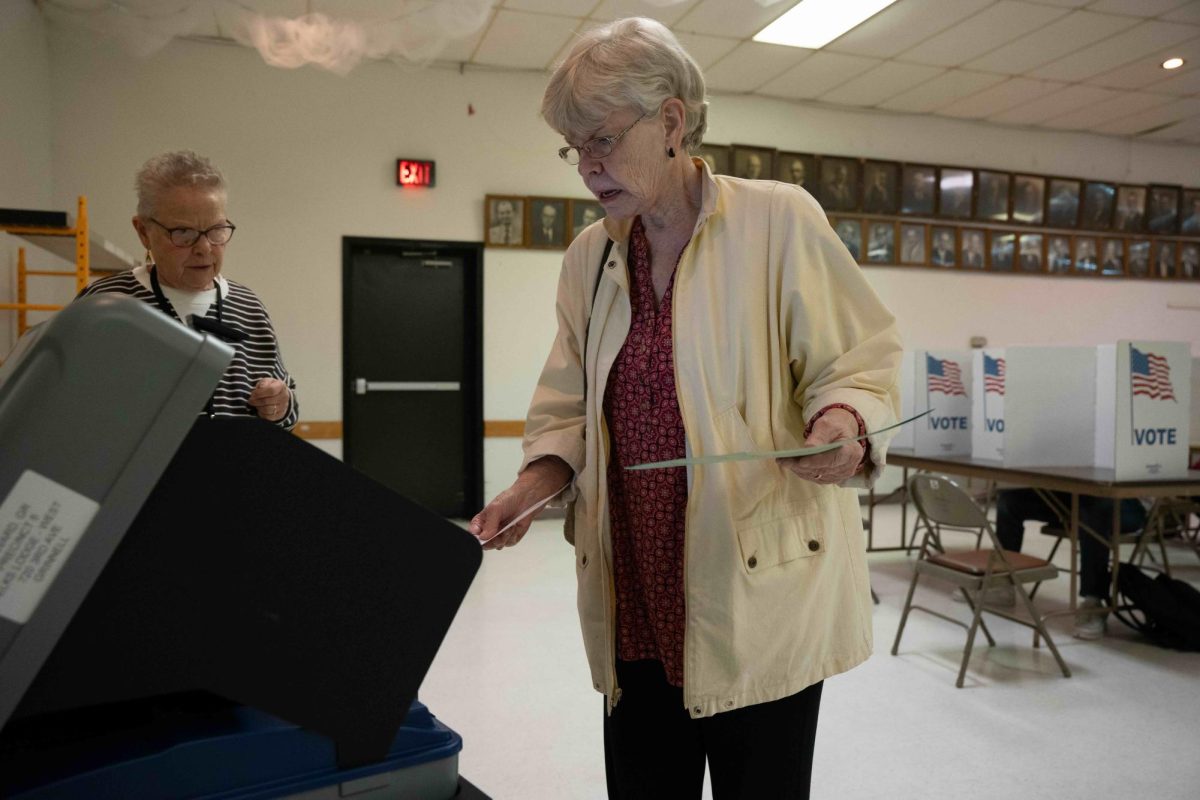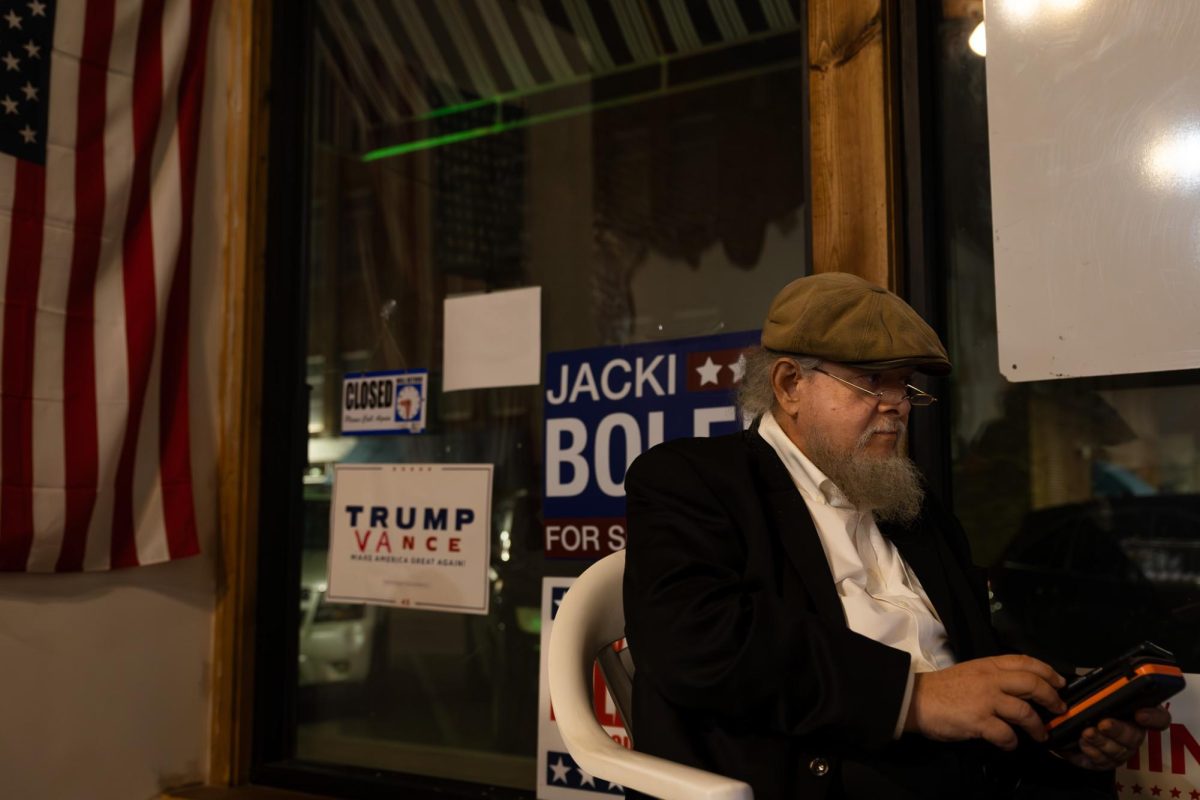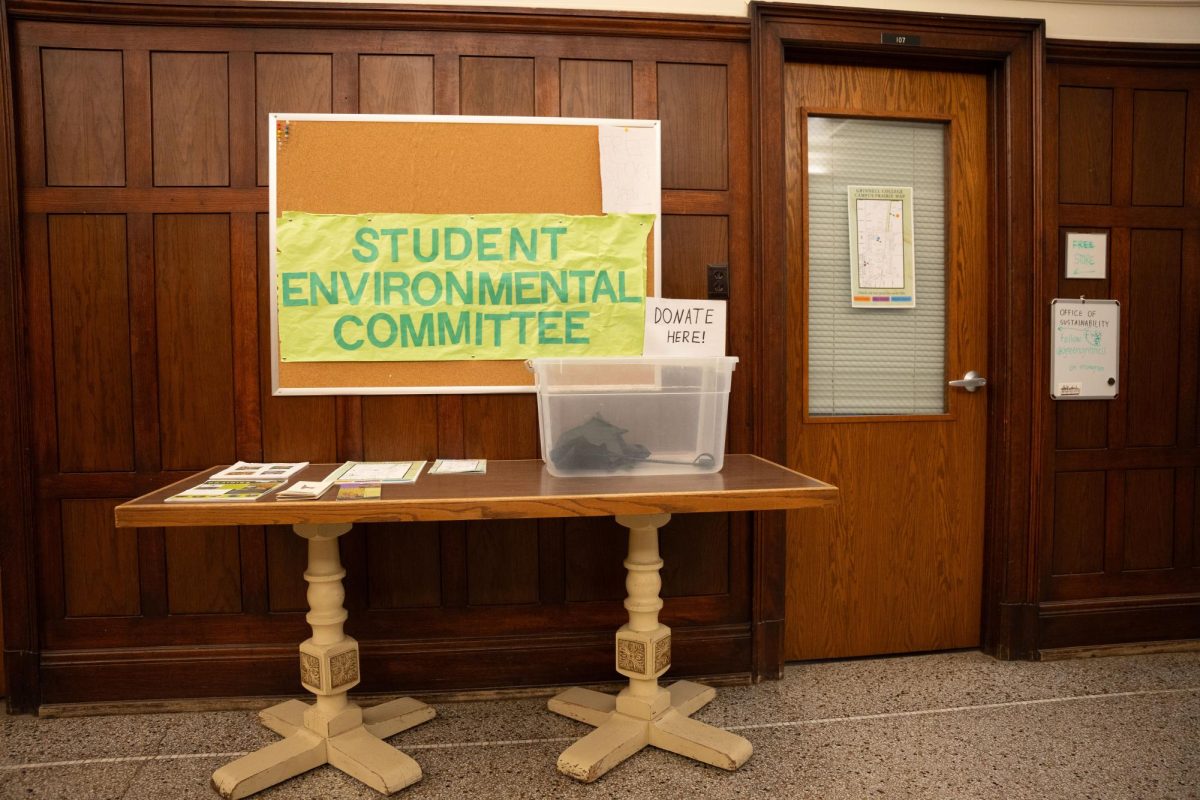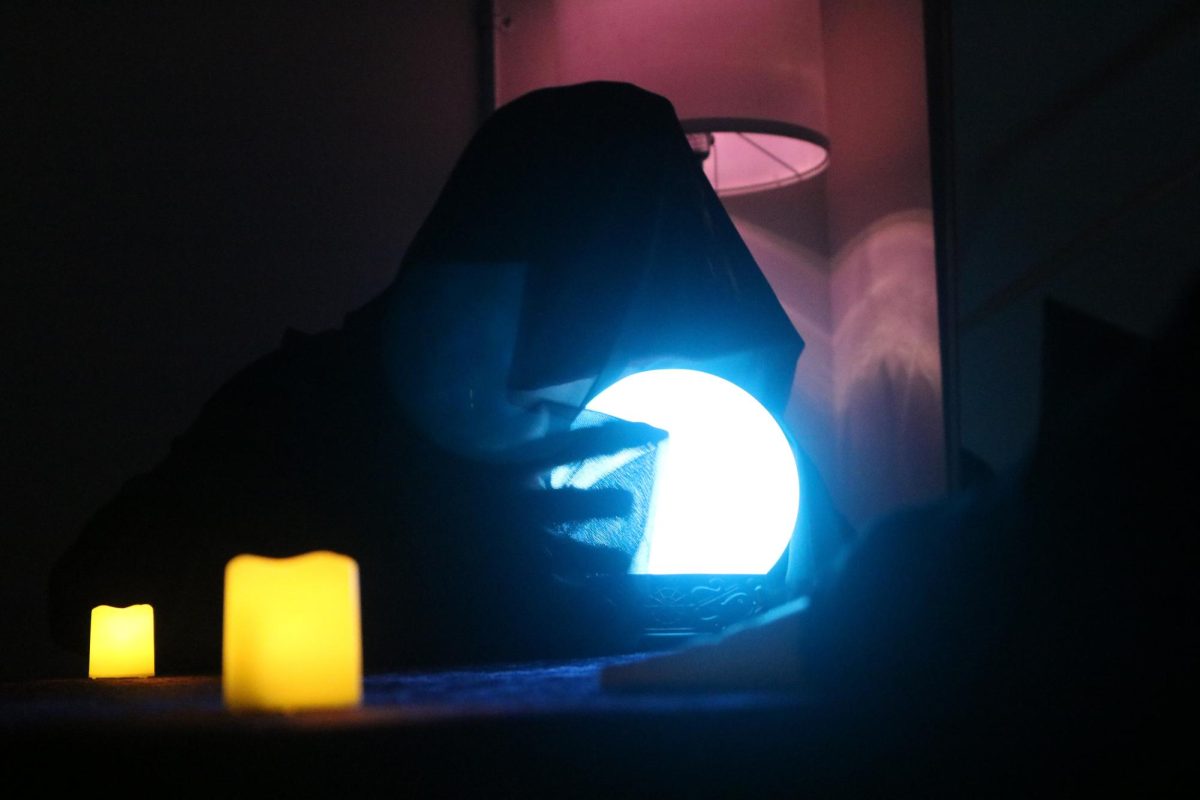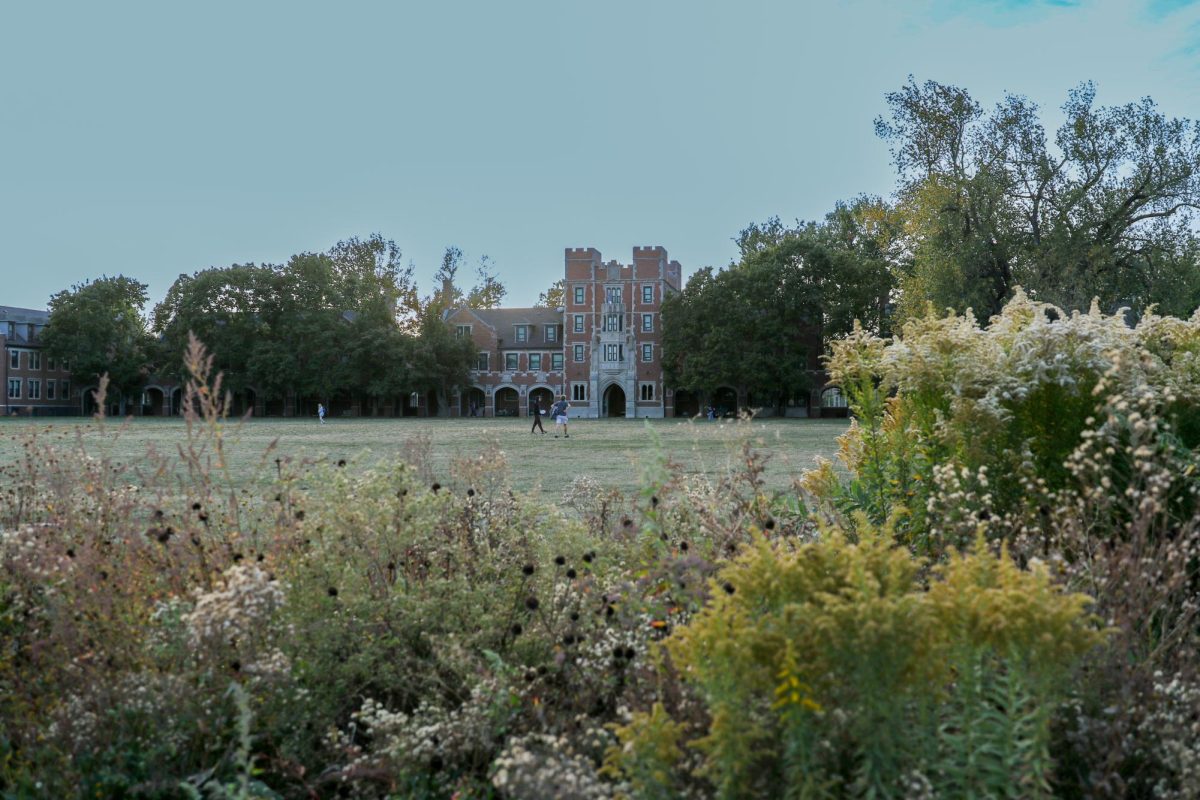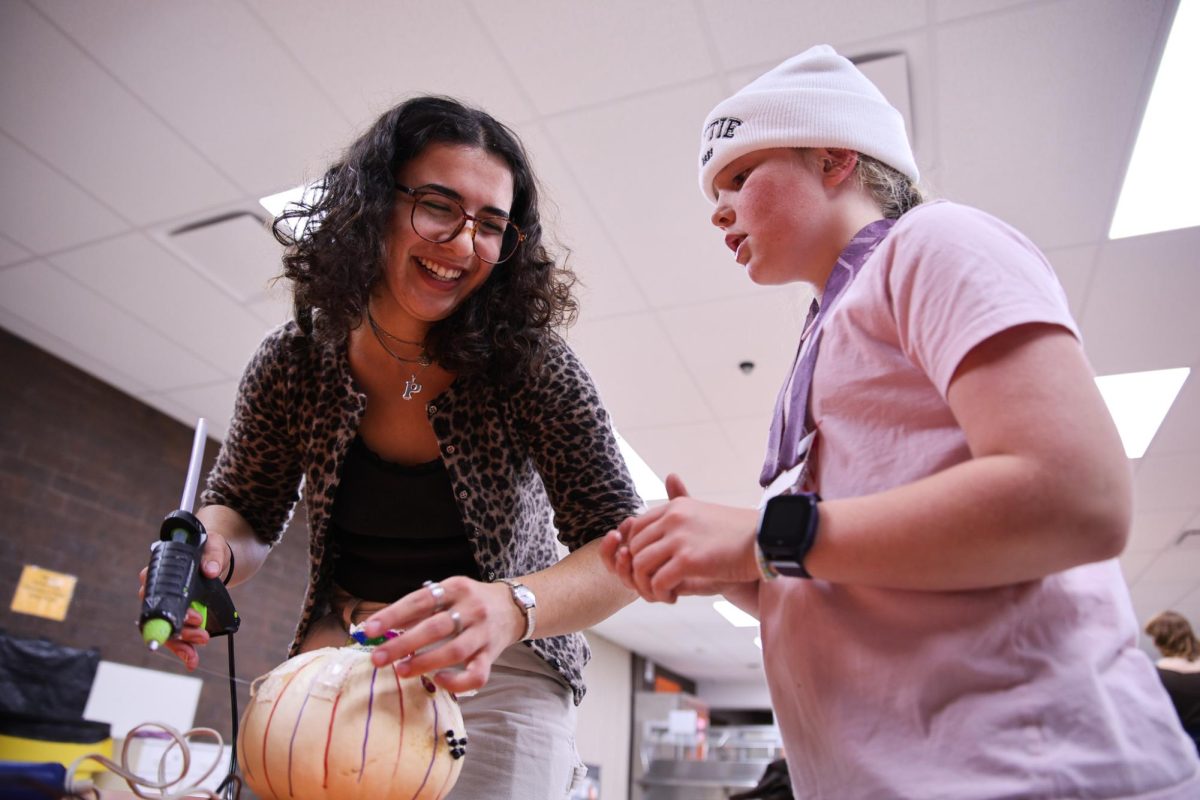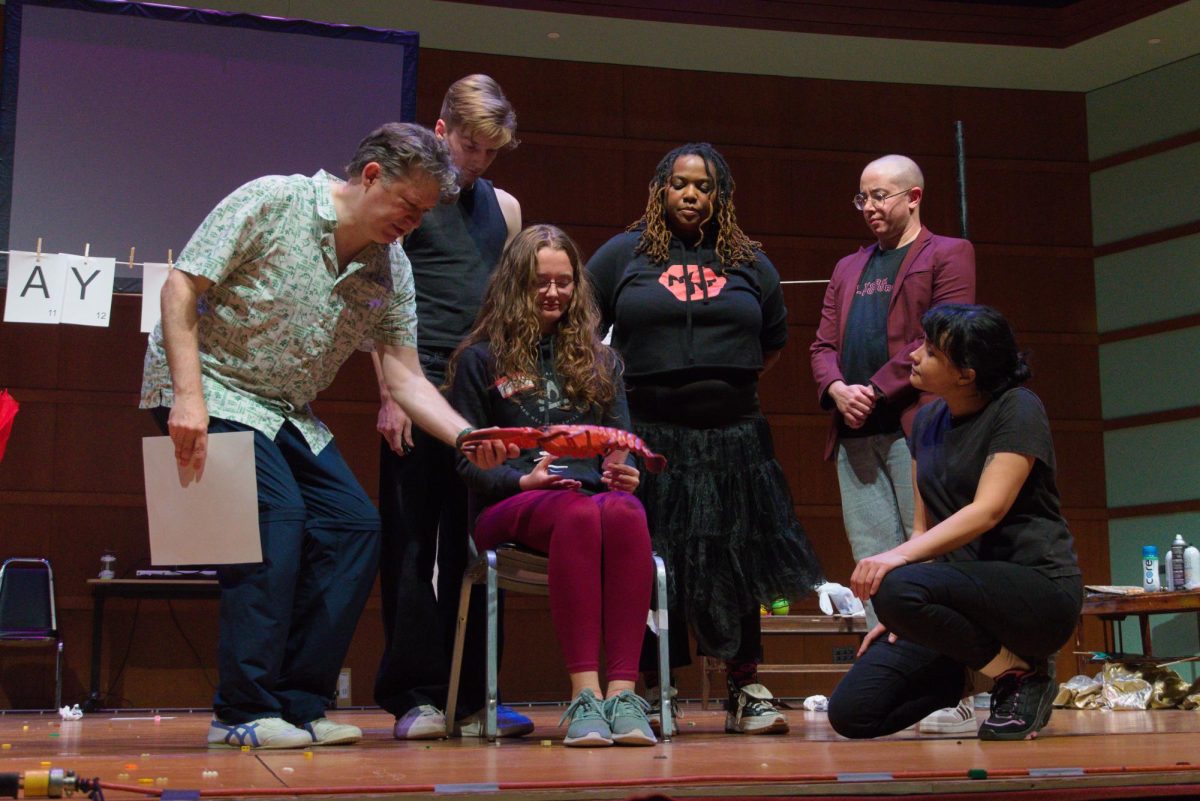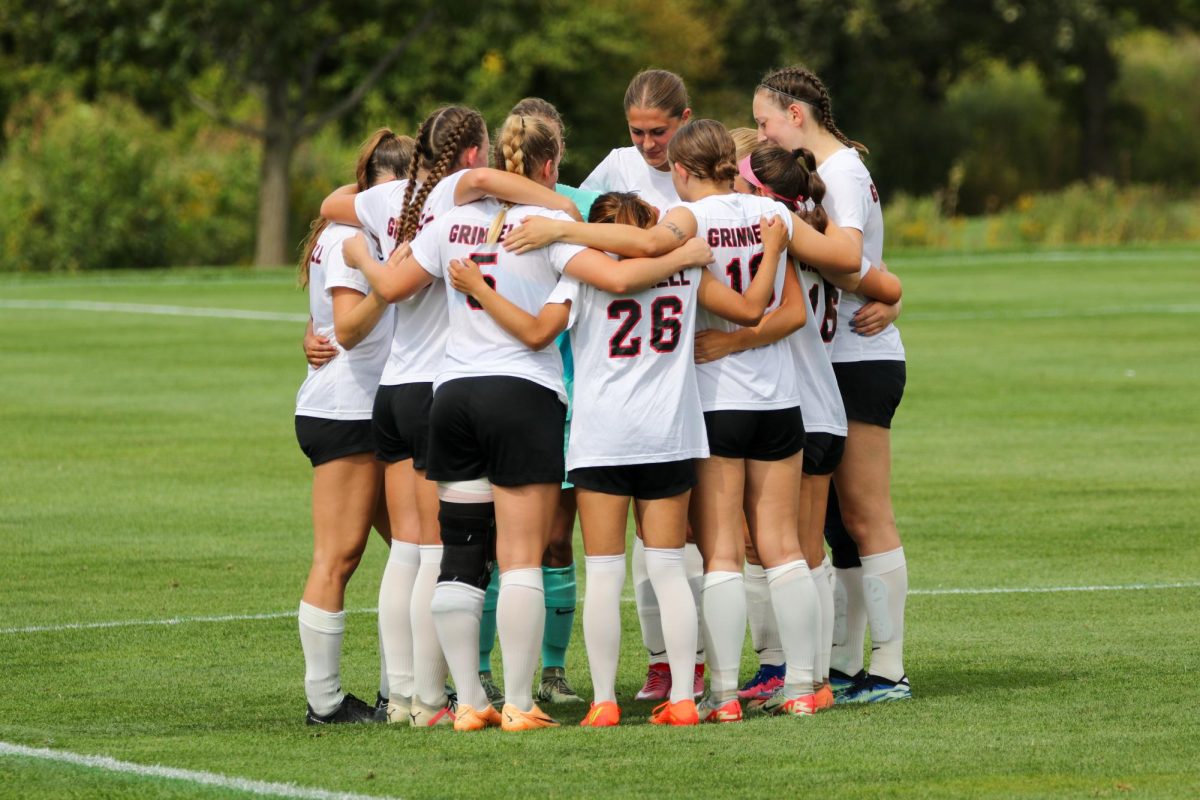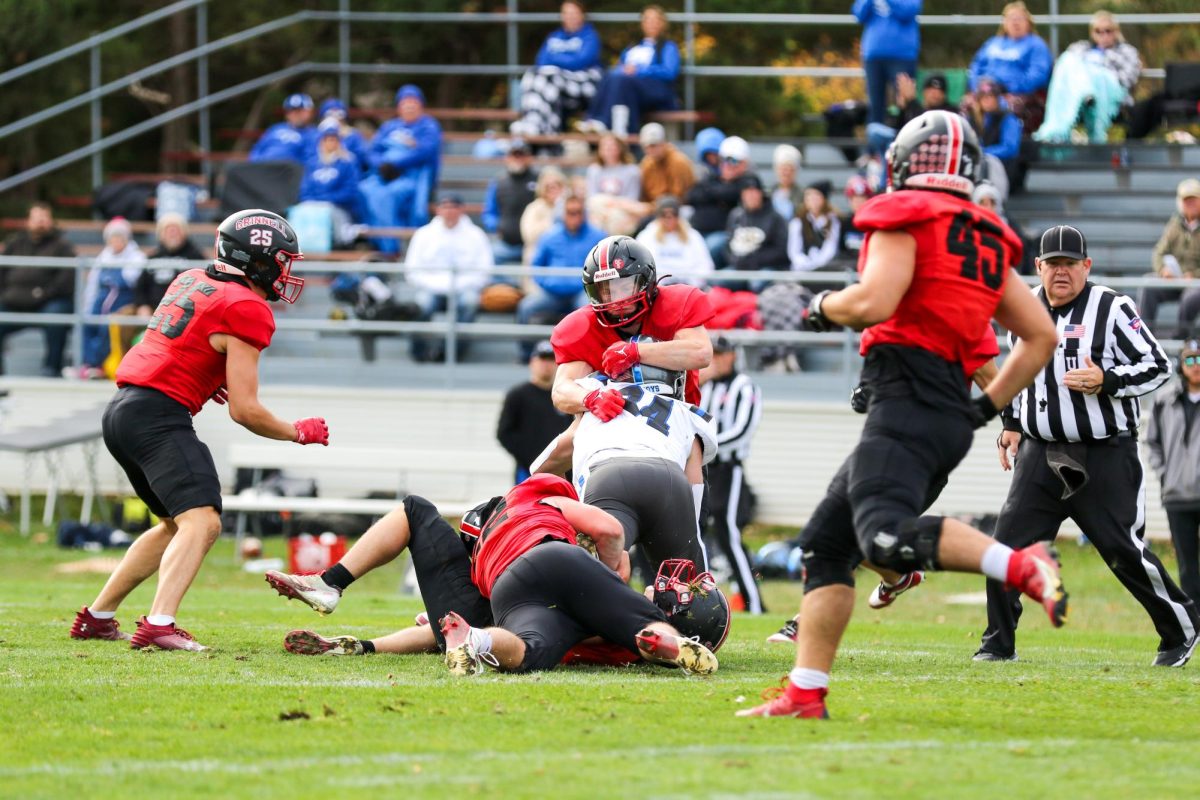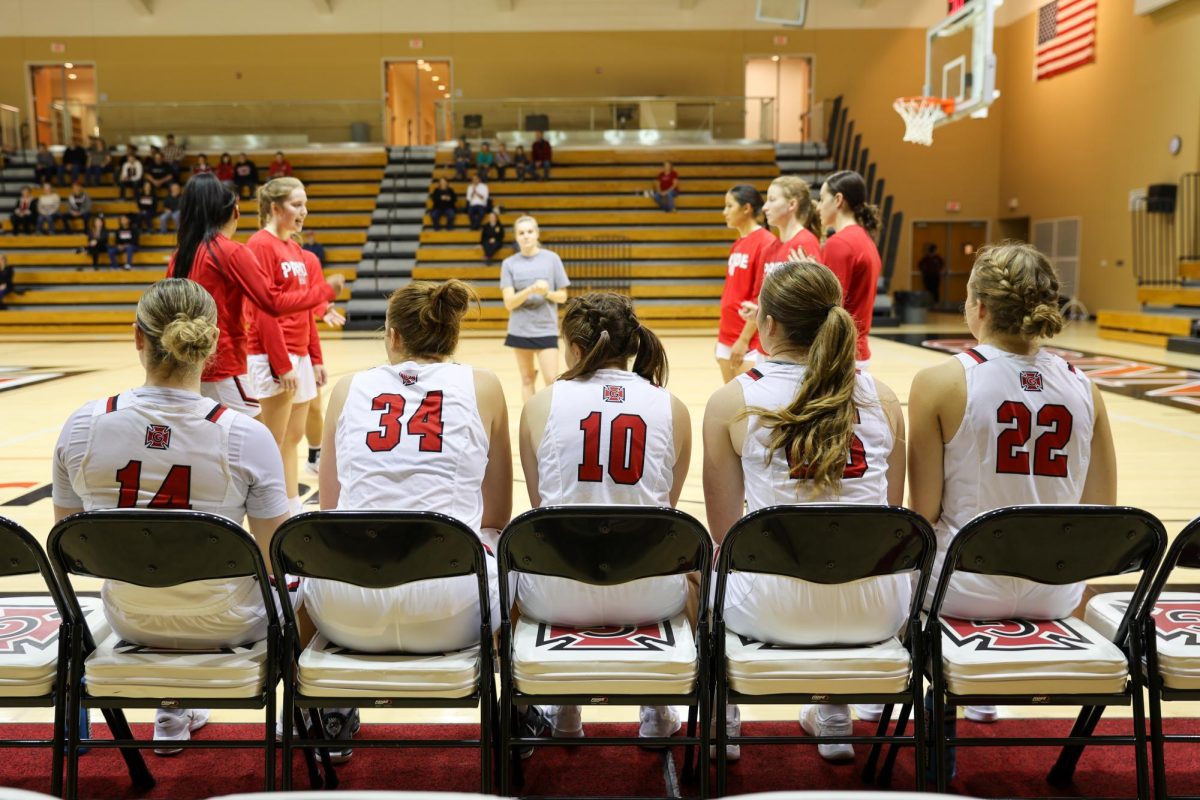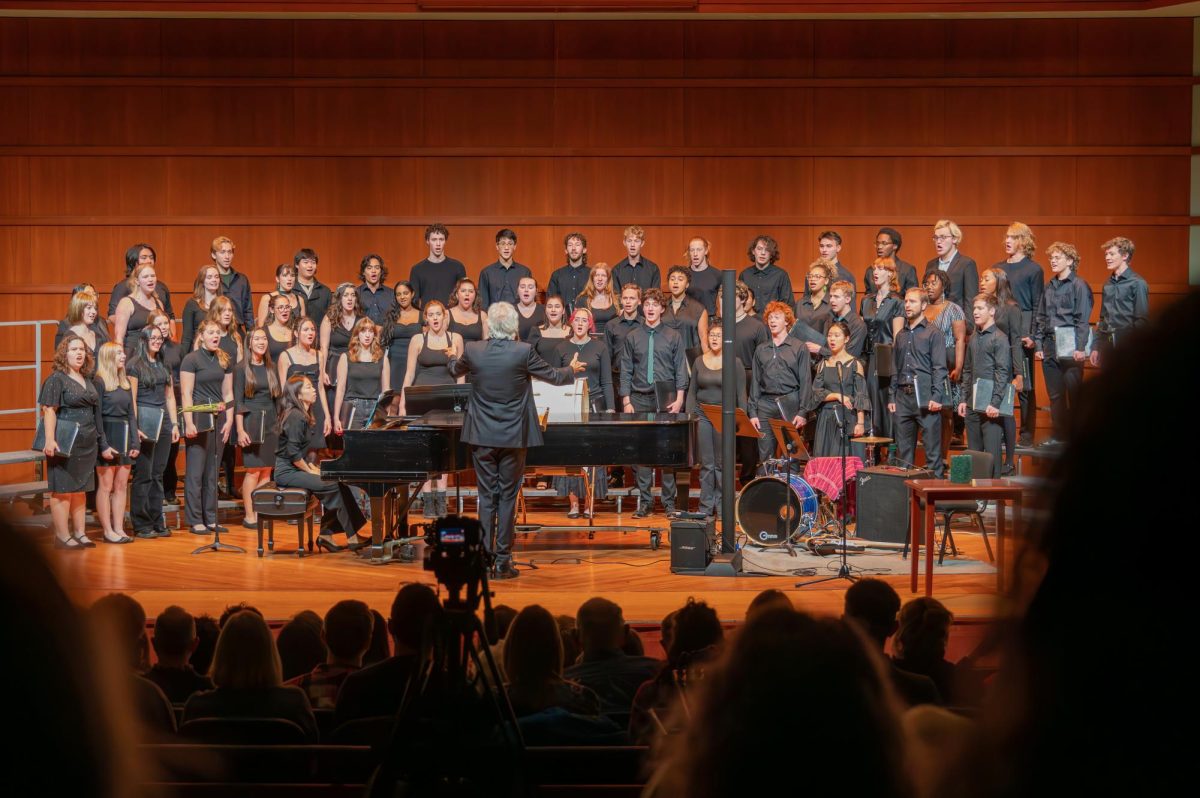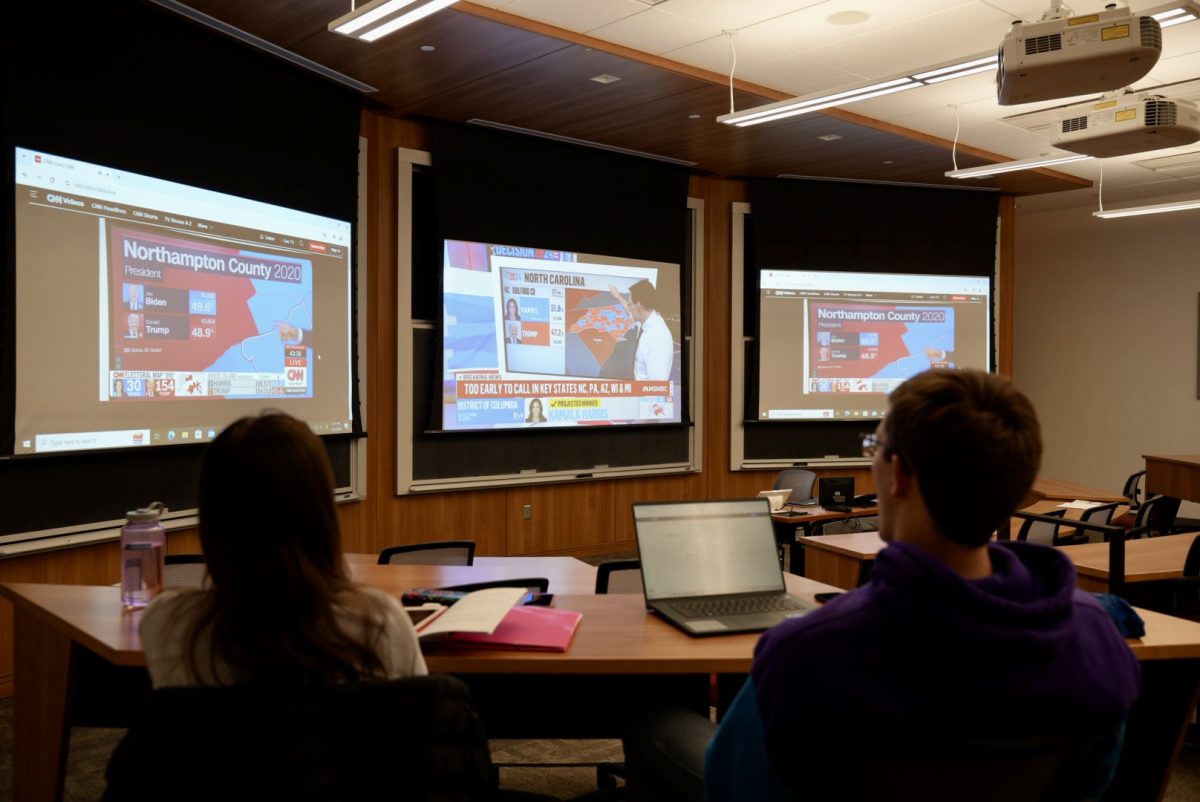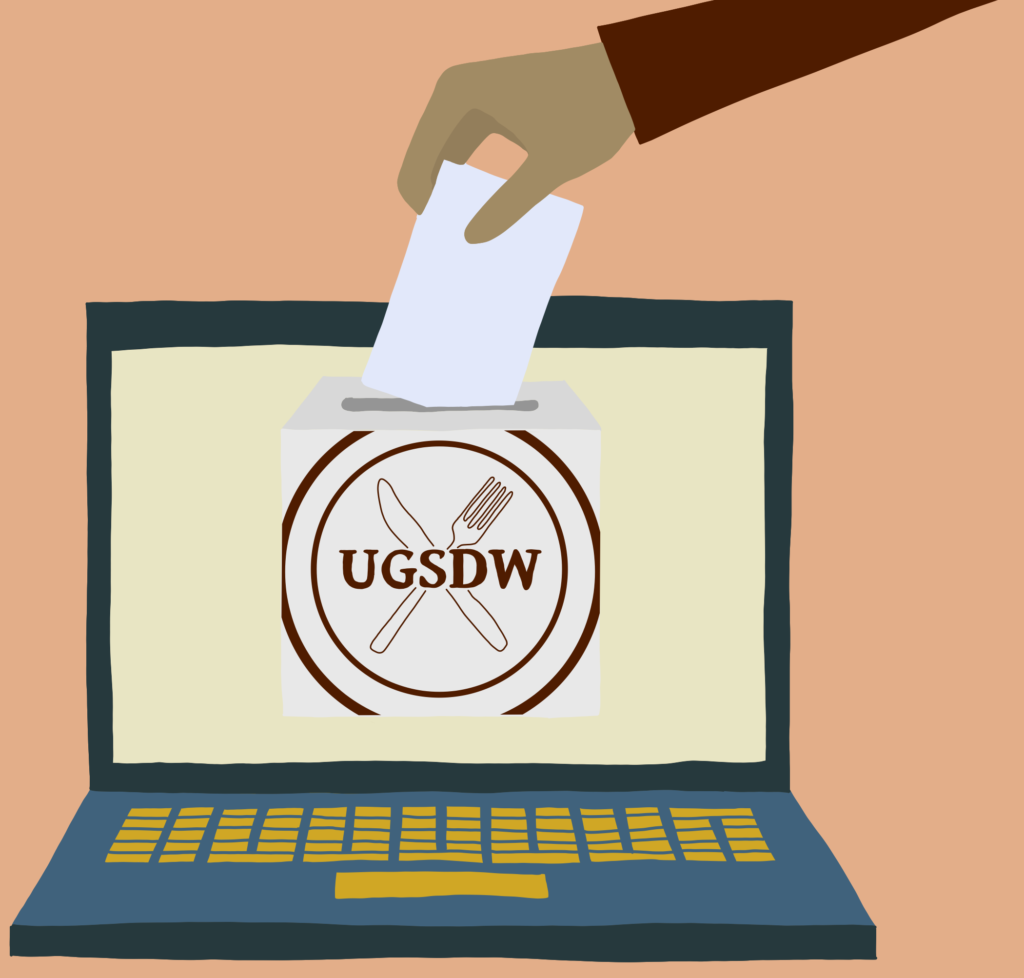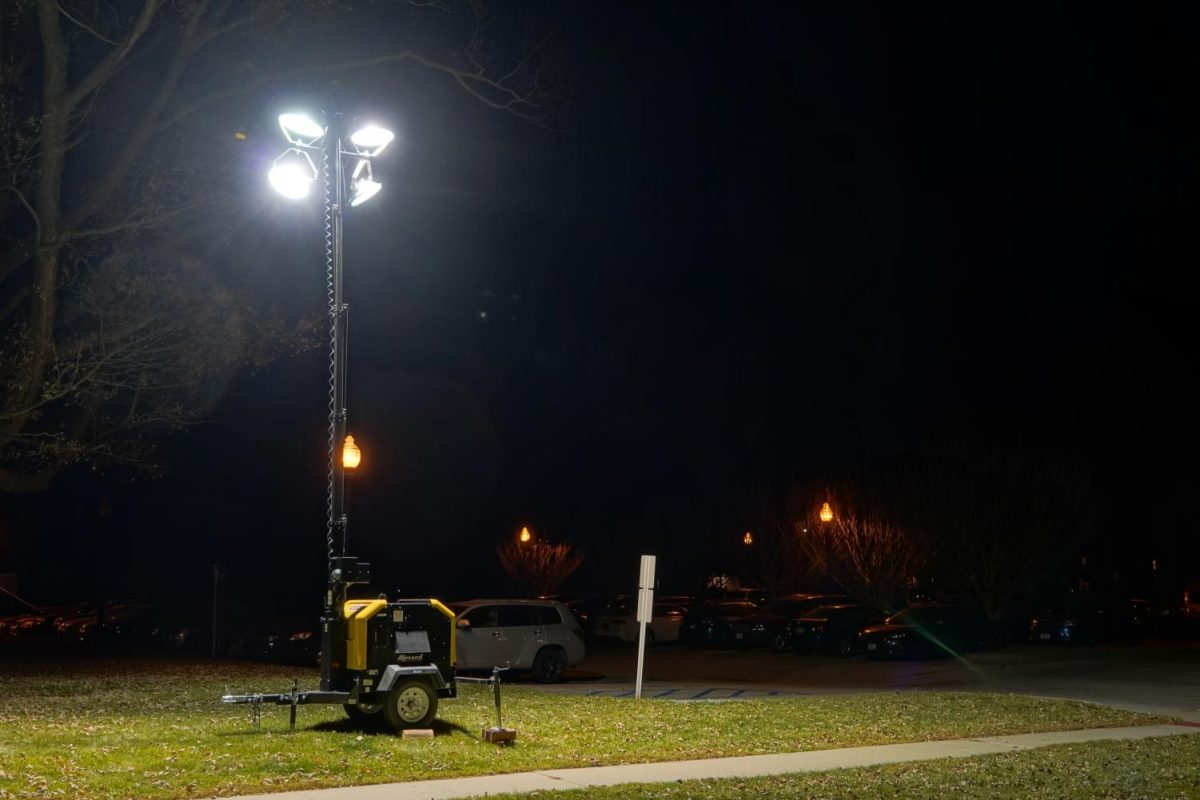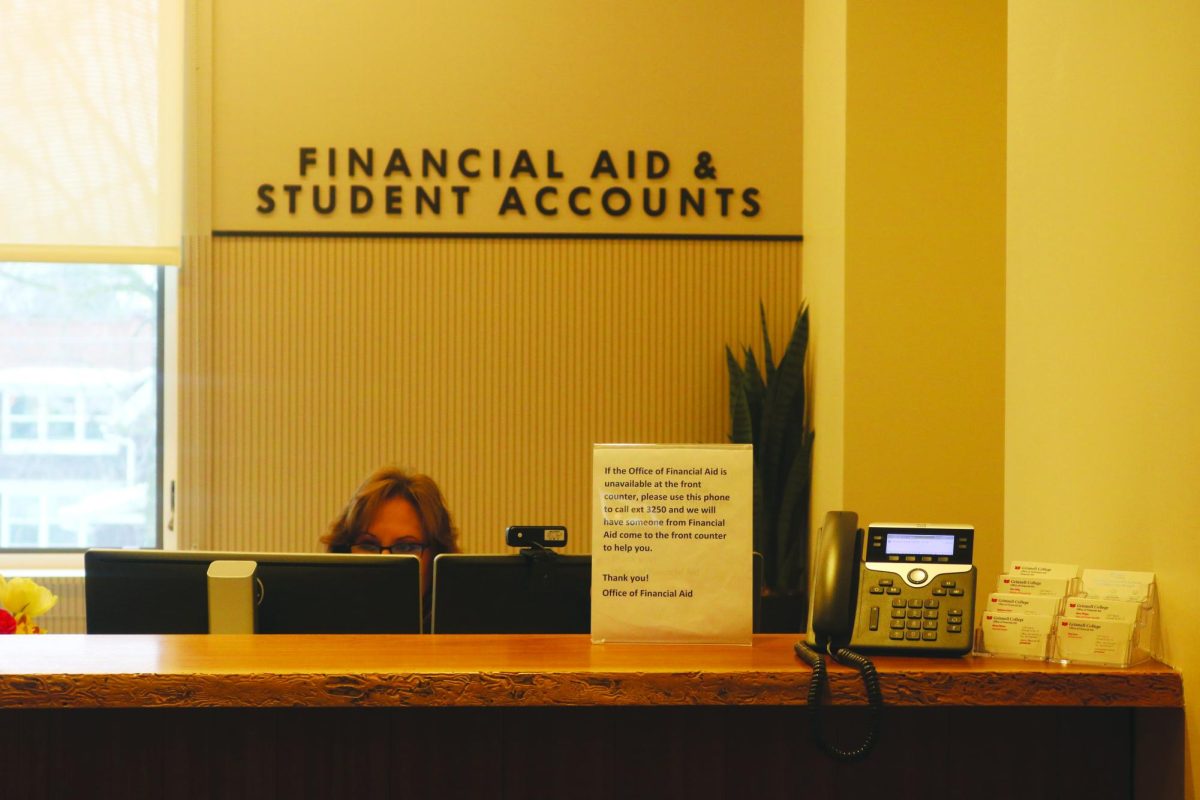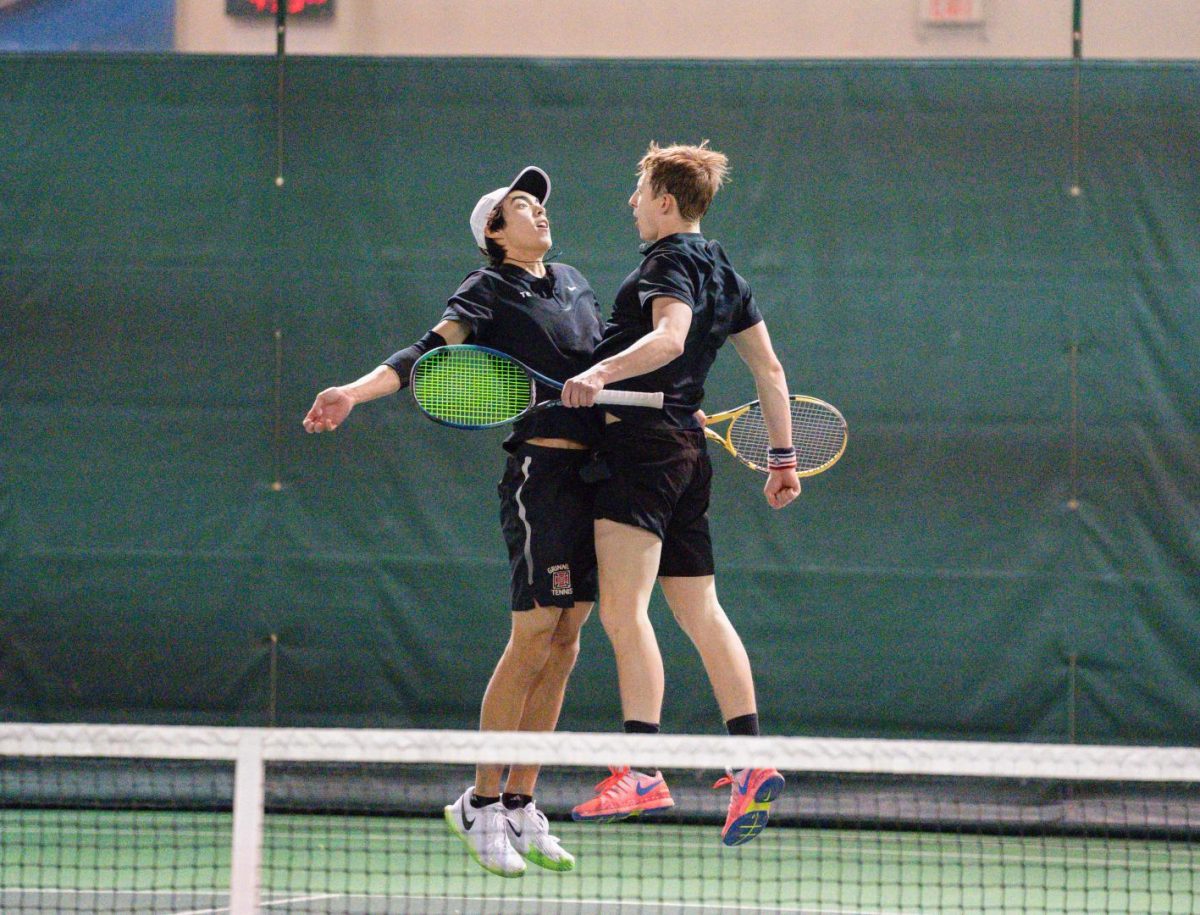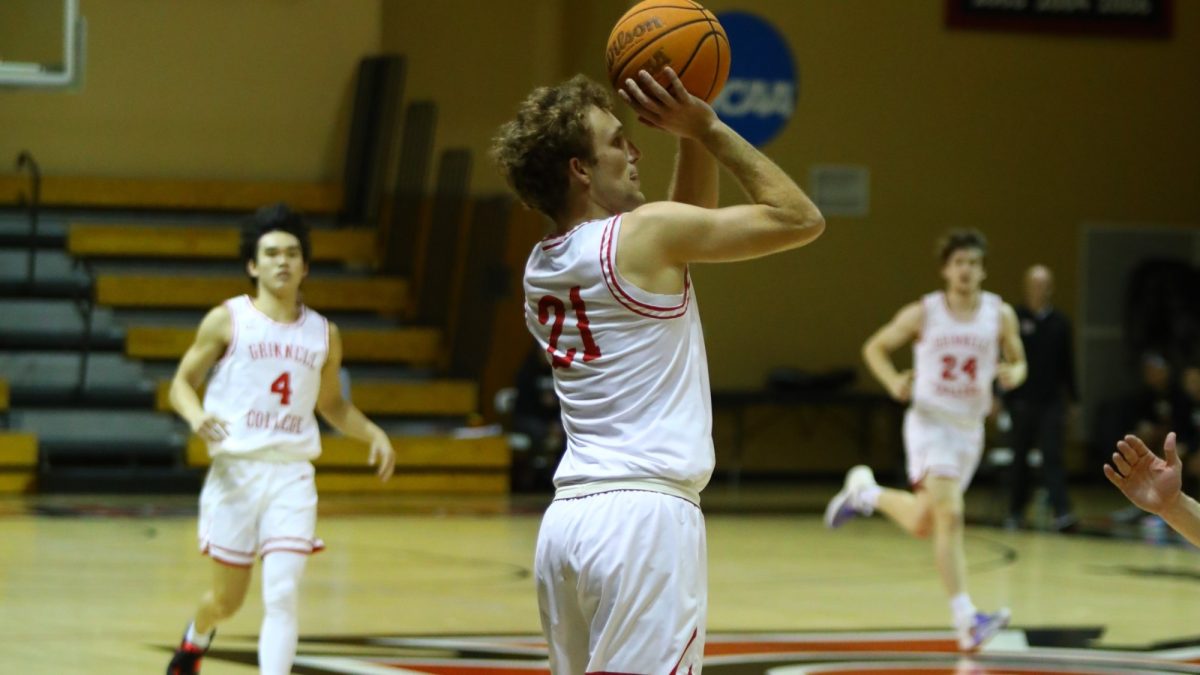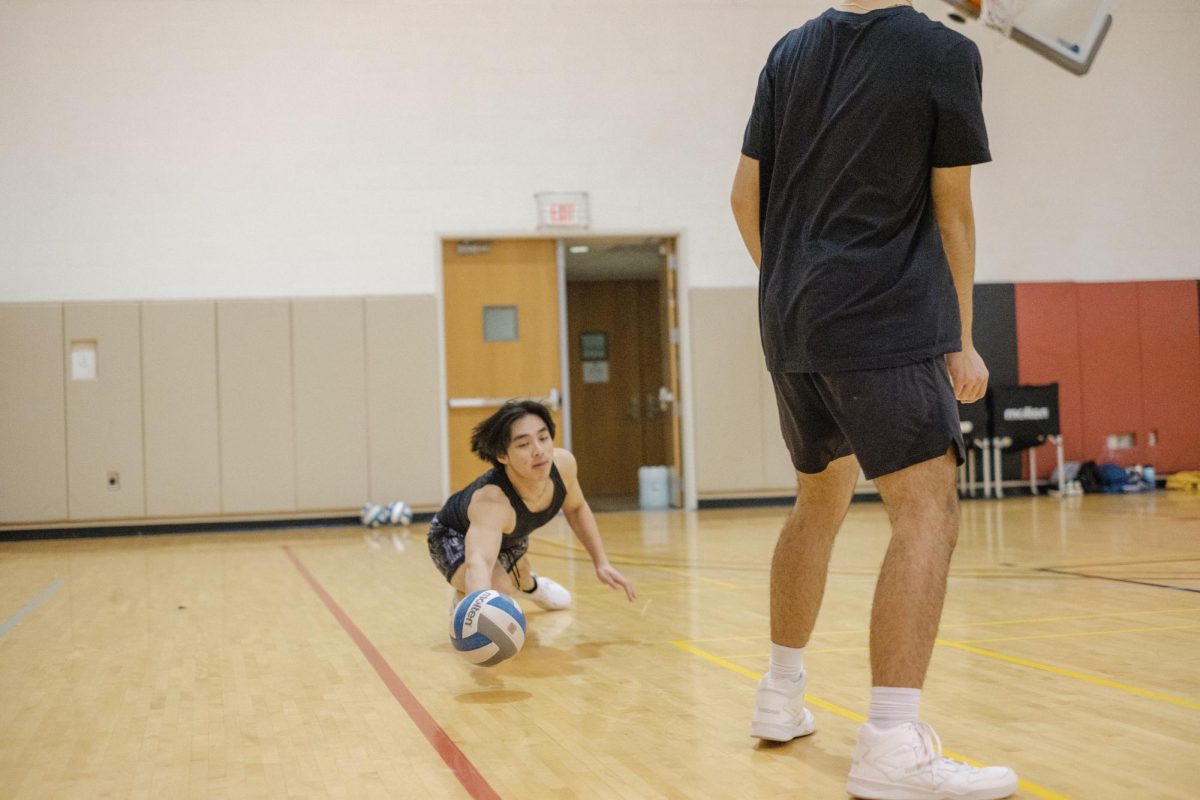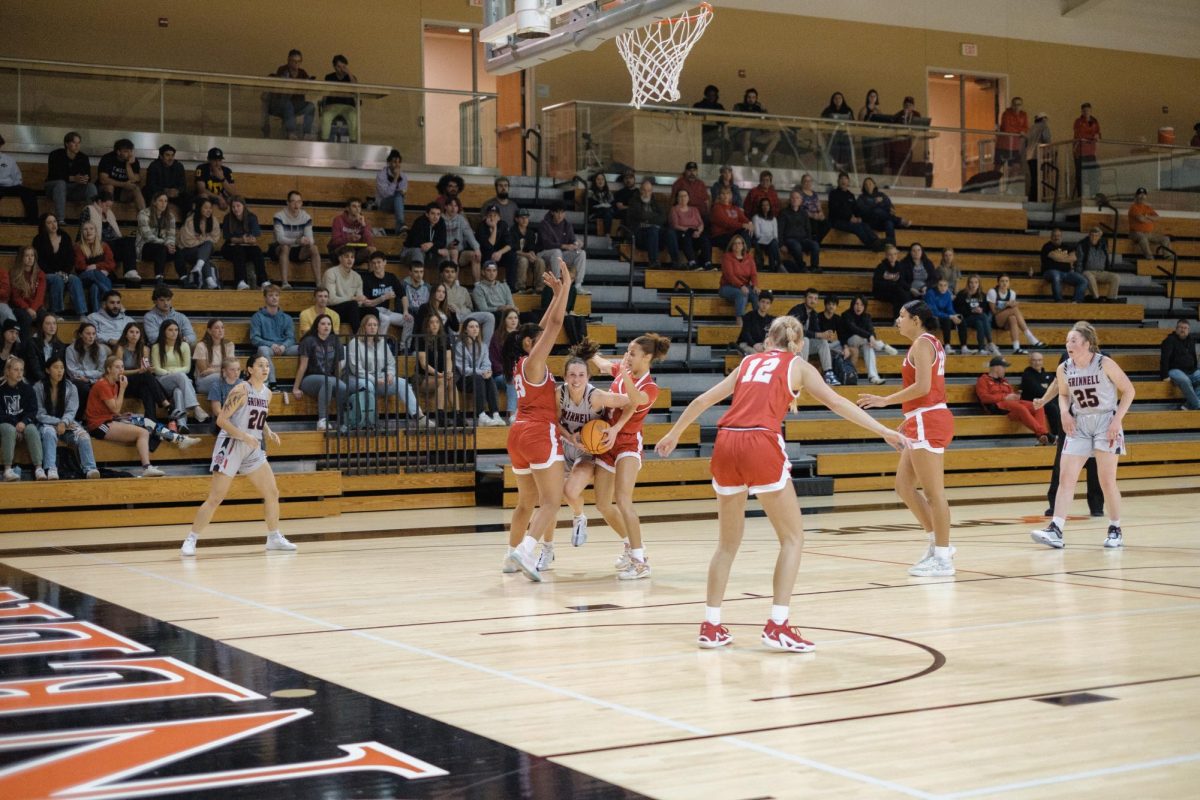Members of the Union of Grinnell Student Dining Workers (UGSDW) have until May 21 to vote on whether the union should move forward with affiliating with United Electrical, Radio and Machine Workers of America (UE).
UE is an independent union – a union not associated with a larger organization – that operates on the national level, often referred to in short interchangeably as a national or international. Their operation is a “rank-and-file union” which emphasizes its members to be the force behind democracy in collective business. Member unions set polices of the larger UE and make all decisions on the local level as well.
According to UE’s website, UE is the “national center for independent unionism.”
Some of the largest gains from affiliating with a larger international union are the access to a staffer – an advisor for the UGSDW that aids in maintaining organization in documents and more – and having a lawyer available for the UGSDW when needed. Some hesitancy to propose affiliation stems from the fear of shifting the self-driven dynamic of the UGSDW and losing the title of being the only independent undergraduate student union in the United States.
Multiple unions are involved in the proposal for affiliation, including unions at Vanderbilt University, Princeton University, the University of Chicago, the University of Maryland and Washington University in St. Louis. While there are no formal agreements with the group, the multitude of the combined forces – numbering 15,000 student-workers strong if all unions decide to enter together – is an effort to appeal to the international union when they approach as a group. The probability for consideration and acceptance increases with the size of the interested party. Trent McDonald, executive chair at WashU Undergraduate & Graduate Workers Union (WUGWU), rounded up the group in the fall 2020 semester after multiple unsuccessful attempts to affiliate. However, due to there being no binding contracts between the student unions, any union is permitted to drop out of the affiliation process at any time.
One advantage of the student unions getting in touch with one another is for further solidarity. They plan to band together and to show support for one another when called upon, a strength that UGSDW Co-president Sofia Carr `22 highlighted as power seen in large-scale, cross-union solidarity.
Additionally, the UGSDW is the only independent – legally seen as separate from the College – undergraduate student union in the proposal group, which makes a few members of the UGSDW hesitant to affiliate. Carr said she understands some members hesitation but is confident in the ability to maintain autonomy within UGSDW.
“We are really proud of being an independent union,” said Carr. “I think that people that have made up our union have been really incredibly hard workers, really smart people and also dedicated to labor organizing. But it doesn’t hurt to have the extra support.”
After reflecting on the strains the pandemic put on UGSDW’s spread-out membership, Co-president Ryland Rich `22 thought the timing was right as students needed reassurance and decided to join McDonald’s request.
Selecting an international union to affiliate with was difficult, the co-presidents said. UGSDW wanted to ensure that no law enforcement unions were associated with the international. Carr and Rich also researched the organizations thoroughly in order to avoid “horror stories” they’ve heard, such as unions that were victimized through the high due demands (monthly membership costs) and unresponsive staffers.
“In any kind of agreement that you enter, there are going to be stories of people who have entered that agreement and it did not turn out the way they wanted to be. You never know what kind of staffer you will get,” said Carr. UGSDW reached out to Kenyon College’s union, which is affiliated with UE, to hear more about their experience and was reassured by their positive outcomes. Rich said she was confident UE could provide the resources needed to reinforce the UGSDW.
The UGSDW has particular demands as it is the only undergraduate union in the proposal. Some of the benefits that made the UGSDW confident that UE is the right international union for them, according to Carr, is the freedom to maintain a flexible due system and local autonomy, as well as access to timely legal advice.
“UE is so small already; they are really sort of the scrappy underdogs of the labor movement anyway and they are fighting for cool things, so I think joining in on that just adds to our power and does not detract from the image of being cool activists,” said Rich.
Emily Wunsch `22, dining hall leader and dining hall executive board member, said there is a definite lack of technical knowledge in legal issues, such as the limitations on international student workers, due to the members of UGSDW being undergraduates who are only around for four years instead of professionals. She said she believes that joining UE would alleviate the strains that hindered past actions, like the unsuccessful bid for expansion, and could aid future endeavors.
“We need access to a lawyer because of the huge resources Grinnell has and the vulnerabilities of international students. When we are at the bargaining table trying to fight for these really niches things, they can support us and give us more power in our demands,” said Rich.
Rich said the demand for non-mandatory dues has been an issue weighing heavily upon the question of which union to create an affiliation with. Instead of the $2 dues in place at UGSDW, there may be a shift to a percentage due system. For instance, a significant contract win for pay increase could induce “solidarity dues” which would allot 1.44% of the effected worker’s paycheck per month to dues.
UGSDW only has power to negotiate contracts for the dining workers, thus, would not need to call upon UE for negotiations. However, if the union were to help a student worker outside of the dining field, the dues may be put into place.
“This will probably have the most impact on those outside of dining,” said Rich, “because right now we already have recognition for dining.”
According to Rich, the benefits vastly outweigh the cost of the due that would be paid but also ensures that if the due cannot be made, then that member does not have to pay it. Rich and Carr said they are confident they can maintain a flexible due structure with UE.
If affiliation occurs, Carr said they may eventually revisit expansion as the Biden administration is expected to shift the power of the National Labor Relations Board (NLRB) to be in favor of undergraduate student unions which would aid in traversing the legal battles that could ensue.
UGSDW will only continue to the negotiation stage if there are over 150 votes and there is a 75% approval rate. Any member of the UGSDW may vote in this process. Once the contract is finalized over the summer, members will also vote on officially affiliating with UE. At any point in the timeline, UGSDW could voluntarily pull out of the talks and drop out of the affiliation process.
For members to learn more, go to UGSDW’s cheat sheet and proposal to read additional resources to decide which way to vote.

